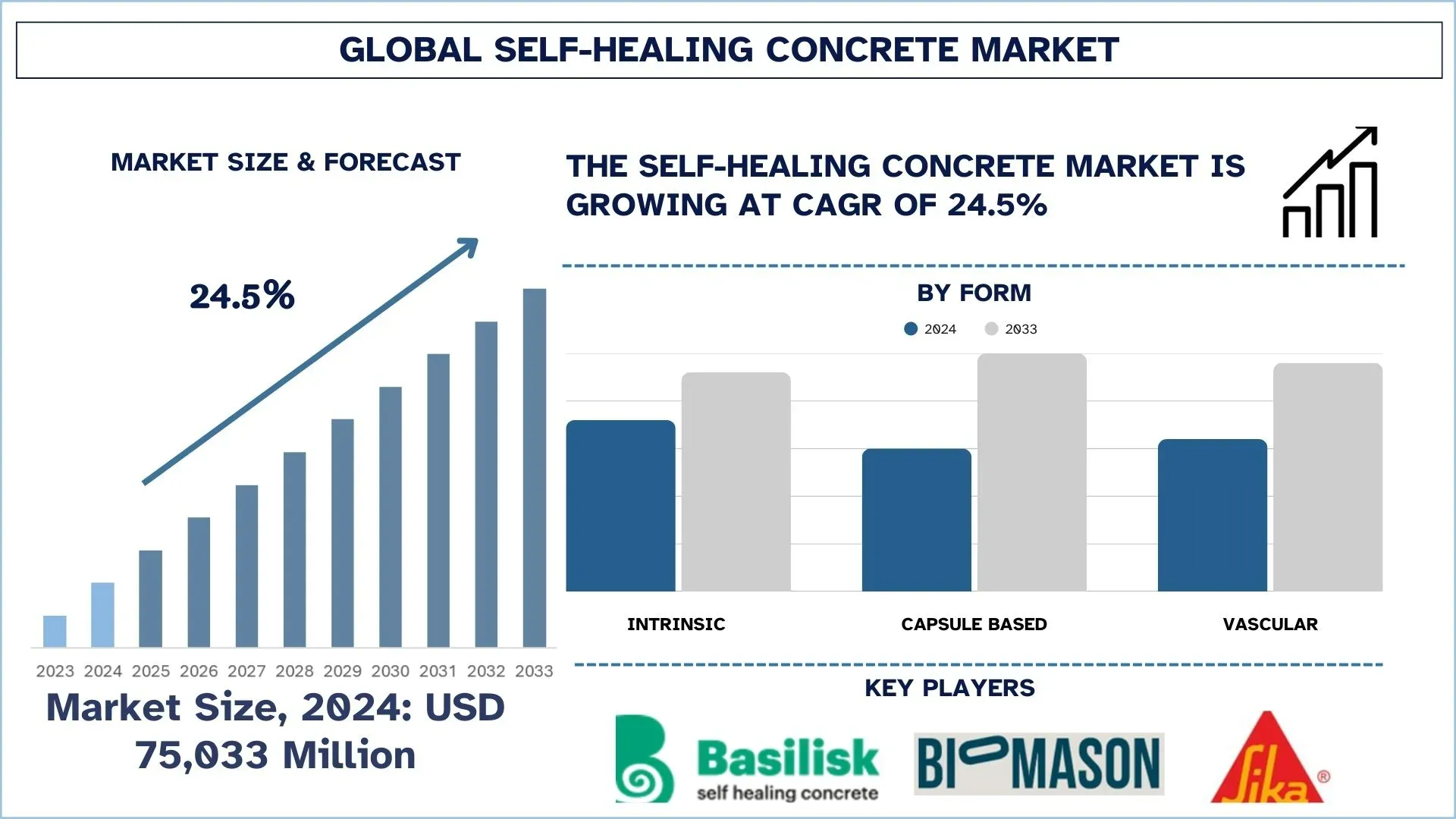Technical Ceramics in Medical and Defense Applications
Technical ceramics—also known as advanced ceramics, engineered ceramics, or industrial ceramics—are high-performance materials specifically developed to operate in extreme conditions. Unlike traditional ceramics (used in pottery or bricks), technical ceramics are designed for structural, electrical, thermal, and chemical stability in demanding industrial applications. Their exceptional properties make them indispensable in sectors like aerospace, electronics, automotive, medical devices, and energy.
Read More: https://www.marketresearchfuture.com/reports/technical-ceramics-market-5359
Technical ceramics are typically made from refined and pure raw materials such as alumina, zirconia, silicon carbide, silicon nitride, and boron carbide. These materials are engineered through precise processing techniques, including powder compaction, extrusion, sintering, and hot isostatic pressing. The result is a dense, hard, and thermally stable component with exceptional mechanical and functional properties.
One of the most defining characteristics of technical ceramics is their high temperature resistance. They can withstand operating temperatures exceeding 1,000°C without deforming or losing strength, making them ideal for applications such as gas turbine engines, heat exchangers, and kilns. Additionally, their resistance to corrosion and wear makes them suitable for chemical processing equipment, cutting tools, and pump components in abrasive or corrosive environments.
In the electronics and semiconductor industry, technical ceramics serve as insulators, substrates, and packaging materials due to their excellent electrical insulation and thermal conductivity. Alumina ceramics, for example, are widely used in circuit boards, sensors, and LED lighting systems. Their ability to dissipate heat while maintaining electrical isolation is essential for miniaturized, high-power electronic components.
The medical sector leverages technical ceramics for implants, prosthetics, and dental materials. Zirconia and alumina ceramics are biocompatible, hard, and wear-resistant—ideal for artificial joints, dental crowns, and surgical tools. These materials reduce the risk of rejection and offer superior longevity compared to metal counterparts.
Technical ceramics also play a pivotal role in renewable energy systems, including solid oxide fuel cells, solar thermal collectors, and nuclear energy applications. Their thermal and chemical resilience helps enhance efficiency and durability in clean energy technologies.
Despite their many advantages, technical ceramics are inherently brittle and can fracture under high tensile stress. However, recent advancements in ceramic matrix composites (CMCs) and additive manufacturing are overcoming these limitations by improving toughness and design flexibility.








